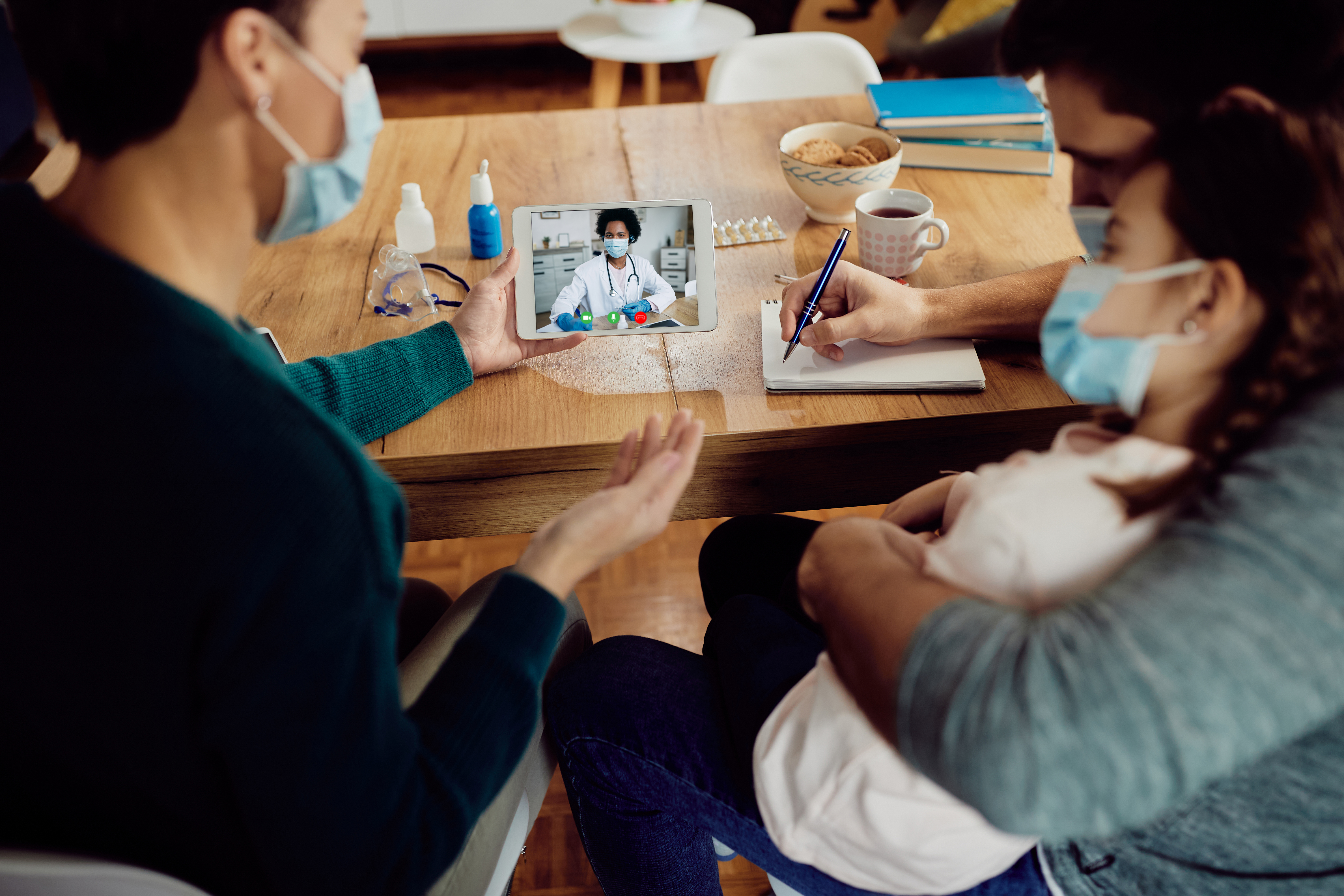
In healthcare, ensuring secure communication is not just a best practice—it’s a legal necessity. The Health Insurance Portability and Accountability Act (HIPAA) mandates the secure handling of patient information, and this extends to all forms of communication, including healthcare chat systems. With more healthcare providers adopting chat solutions to streamline patient care, it’s crucial to ask yourself: Is your chat system truly HIPAA compliant?
If you’re wondering whether your current communication tools meet the necessary standards, it’s time to take a closer look at what HIPAA compliance means in the context of healthcare chat and how to ensure your platform is secure.
Why HIPAA Compliance Matters in Healthcare Communication
HIPAA regulations were designed to protect sensitive patient data from breaches and unauthorized access. Healthcare organizations handle a vast amount of personally identifiable information (PII) and protected health information (PHI). These regulations ensure that patient data remains confidential and secure.
A single data breach can cost millions in fines, damage a healthcare provider’s reputation, and erode patient trust. By using a non-compliant chat solution, your organization could face:
- Fines of up to $50,000 per violation.
- Civil and criminal penalties.
- Class-action lawsuits from affected patients.
To avoid these costly mistakes, every healthcare chat system must meet strict HIPAA requirements.
What Makes a Healthcare Chat HIPAA Compliant?
Ensuring that your healthcare chat system meets HIPAA standards involves a few key components. Let’s break down the critical elements your chat platform needs to protect patient data and remain compliant.
1. End-to-End Encryption
HIPAA requires that all communications involving PHI must be encrypted, ensuring that no unauthorized individuals can access patient data. End-to-end encryption ensures that even if the chat data is intercepted, it is unreadable and protected.
Why it matters: Imagine a scenario where a hospital’s chat system is hacked. Without encryption, hackers could gain access to patient records, violating HIPAA regulations and potentially leading to a data breach that damages both the hospital’s finances and reputation.
2. User Authentication and Access Control
Role-based access control (RBAC) ensures that only authorized healthcare professionals can access patient data. Multi-factor authentication (MFA) adds an extra layer of security, ensuring that users must verify their identity before accessing sensitive information.
Example: Consider a mid-sized healthcare clinic, HealthyCare Clinic, which recently implemented a chat system. By using RBAC and MFA, the clinic was able to ensure that only medical staff with clearance could access patient chats, reducing the risk of unauthorized data exposure.
3. Audit Logs
HIPAA compliance requires audit logs to track who accessed, modified, or shared PHI. This transparency allows healthcare organizations to review actions taken within the chat system and identify any unauthorized activity.
Benefit: In the event of a data breach or audit, audit logs provide clear evidence of when and how the chat system was accessed, helping to mitigate risks and demonstrate compliance.
Real-Life Risks of Non-Compliance
Consider a real-life example where a small healthcare provider failed to implement a HIPAA-compliant chat system. A staff member shared patient information over an unencrypted chat service, which was later hacked. The breach exposed sensitive patient information and the provider faced not only legal penalties but also the loss of patients’ trust.
This scenario could have been avoided by implementing the right HIPAA-compliant chat solutions, emphasizing the importance of compliance in healthcare communication.

Essential Features of a HIPAA-Compliant Chat Solution
To ensure your healthcare chat solution meets HIPAA requirements, it’s essential to focus on specific features that protect PHI and ensure secure communication. Here’s what to look for:
1. Secure Data Storage
HIPAA-compliant chat systems must store data securely, with encryption both in transit and at rest. Any stored data should be kept in secure servers that comply with HIPAA’s strict data security guidelines.
2. Data Backup and Recovery
A reliable chat solution will have automated data backup and recovery systems in place to ensure that patient data is never lost. Regular backups help to maintain the integrity of PHI in case of system failure or data loss.
3. Business Associate Agreement (BAA)
HIPAA requires healthcare organizations to sign a Business Associate Agreement (BAA) with any third-party vendors handling PHI. This agreement ensures that the chat solution provider is also responsible for maintaining HIPAA compliance.
Best Practices for Maintaining HIPAA Compliance with Chat
Beyond ensuring your chat platform has the necessary features, there are additional steps healthcare organizations should take to maintain compliance:
1. Regular Security Audits
Conduct regular security audits of your chat system to ensure that all components remain HIPAA-compliant. These audits will help identify potential security gaps and provide insights for strengthening data protection.
2. Train Employees on Data Privacy
Even with a secure chat system, employee awareness is essential. Train your staff on the importance of HIPAA compliance, data privacy, and the proper handling of patient information. Regular training helps prevent unintentional data breaches caused by human error.
3. Limit Data Access
Use role-based access control to limit which employees can access sensitive data. Only those who need access to PHI should have it, reducing the risk of unauthorized access.
The Consequences of Non-Compliance
The penalties for HIPAA non-compliance are severe. Healthcare organizations that fail to protect patient data can face:
- Fines range from $100 to $50,000 per violation, with a maximum annual penalty of $1.5 million.
- Civil and criminal penalties, which can include imprisonment in cases of willful neglect.
- Reputation damage, leading to loss of patients, revenue, and trust.
By using a non-compliant chat system, your organization is putting itself at risk for significant financial and legal repercussions.
How Our HIPAA-Compliant Chat Solution Protects Your Practice
At our core, we understand the importance of HIPAA compliance. Our chat solutions offer:
- End-to-end encryption to protect patient data.
- Multi-factor authentication to ensure secure access.
- Audit logs that provide visibility into every action taken within the chat platform.
- HIPAA-compliant storage with data encryption at rest and in transit.
- Business Associate Agreements to ensure we are fully accountable for protecting your patient data.
With our solution, you can focus on providing quality care, knowing that your patient data is secure and compliant.
Table of Contents
Navigating HIPAA compliance with healthcare chat can seem complex, but it’s essential to avoid the risks of data breaches and legal penalties. By choosing a secure, HIPAA-compliant chat solution, you can ensure that your communication is both efficient and safe. Implementing the right chat platform isn’t just about meeting legal requirements—it’s about protecting your patients and building trust.
Ensure your chat solution is up to the task. Don’t wait for a data breach to make changes. Start protecting your patient data today with a HIPAA-compliant chat system that prioritizes security and compliance.






